Political relations between Hungary and Serbia have seen a significant development in recent years. The traditionally cordial relationship between the two nations focuses on political, economic, cultural, and infrastructure cooperation. In recent years, leaders of both countries have met on numerous occasions, strengthening political dialogue. Hungary has been a vocal supporter of Serbia’s EU accession efforts, a cornerstone of their bilateral relations.
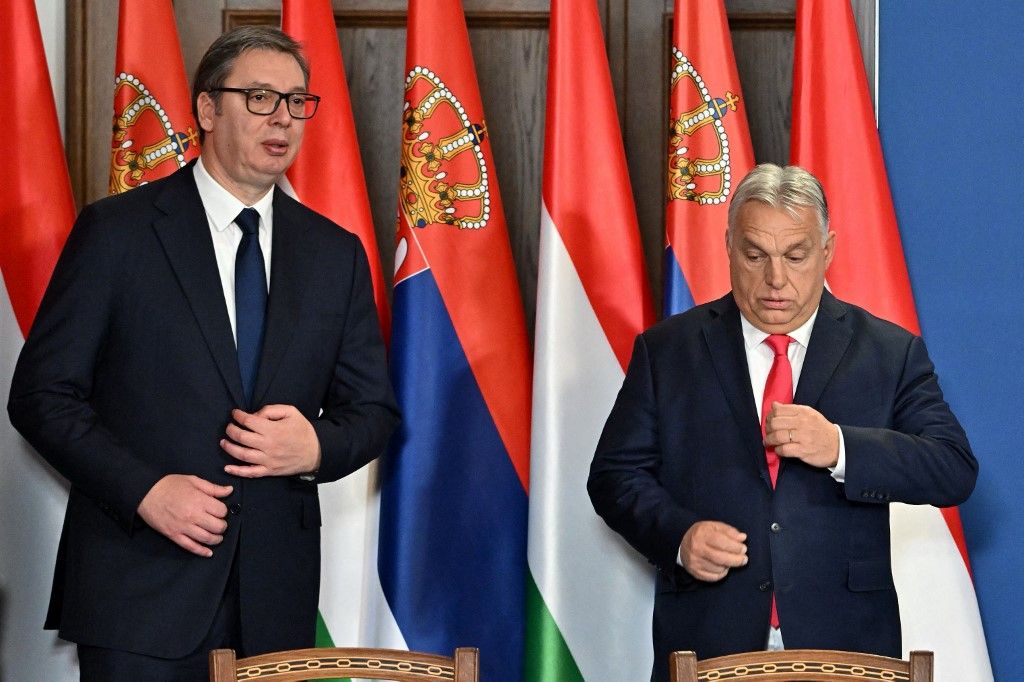
Trade between the two countries is substantial, with Hungary ranking among the largest investors in Serbia. Numerous joint economic projects exist, particularly in infrastructure and energy. One of the most critical initiatives is the modernization of the Budapest-Belgrade railway line. This project is strategically important for both nations as it enhances transportation links and fosters economic integration.
The status of the Hungarian minority in Vojvodina plays a key role in shaping bilateral ties. Hungary and Serbia maintain ongoing dialogue to safeguard minority rights. The strengthening of Hungarian–Serbian ties benefits both nations, fostering not only deeper international cooperation but also local economic and social development.
Close, cordial ties between the two countries
In an interview in mid-December, Serbian President Aleksandar Vucic emphasized the strengthening of Serbia-Hungary relations. He noted that an extraordinary friendship has developed between the two countries, with their leaders maintaining close personal ties. This bond is evident in the frequent communication between Mr. Vucic and Mr. Orban, who reportedly speak weekly and meet every two to three weeks. Serbian President Vucic also maintains strong relations with Hungarian Foreign Minister Peter Szijjarto.
We're like brothers. As if we were living in the same country,
– President Vucic, who also releaved that he speaks with Mr. Orban at least once a week, and meets Hungary's prime minister every second or third week.
However, Serbia–Hungary relations have not always been so harmonious. The atrocities of World War II and the years following left a shadow over their interactions. This tension has been alleviated by historical reconciliation and shared tributes by the nations' leaders. Since then, relations between the two countries have flourished dynamically, largely driven by the fact that both states are governed by leaders who believe in cooperation.
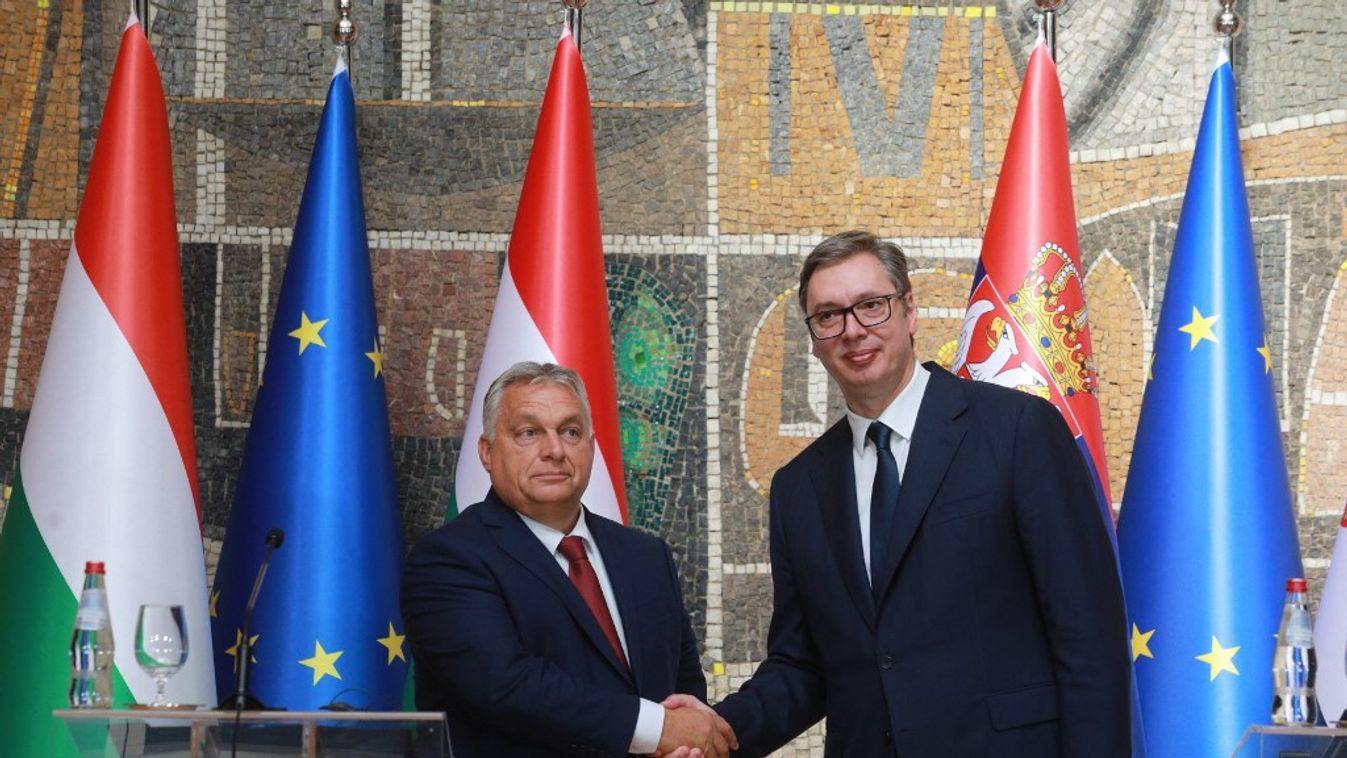
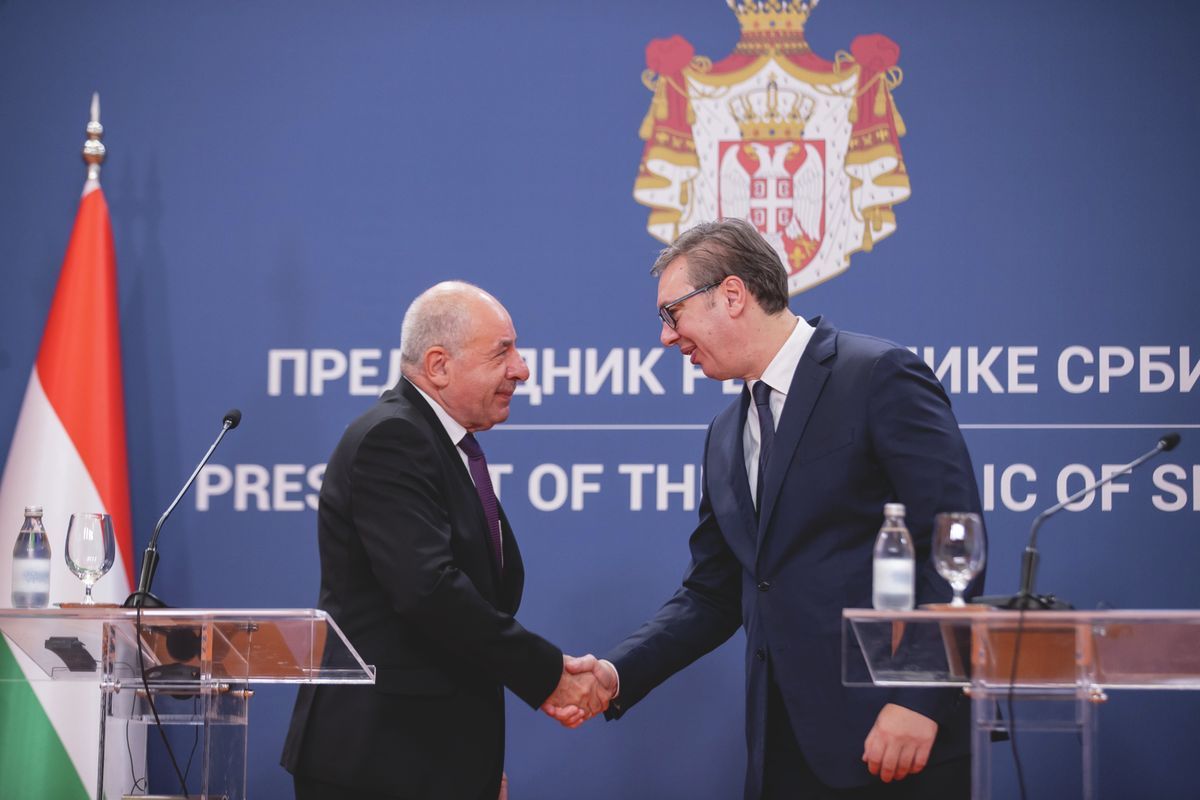
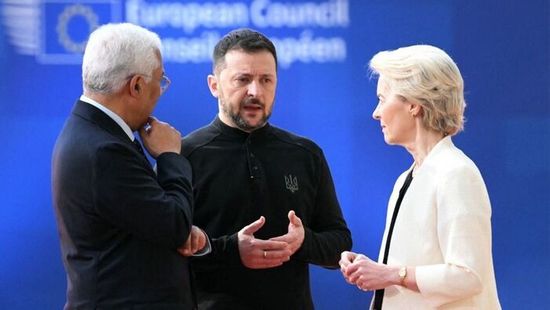
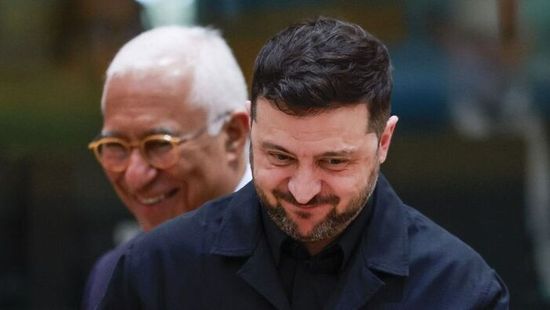
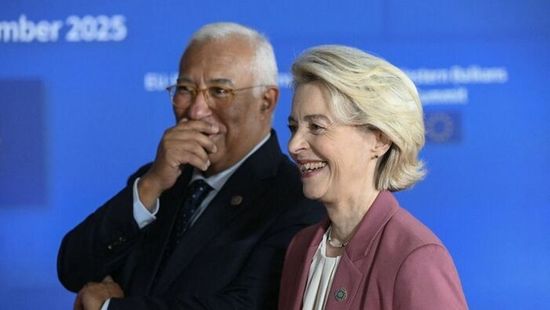
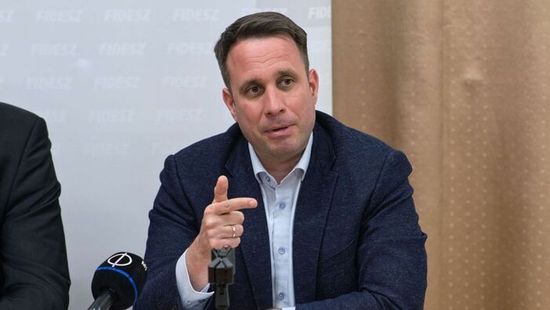

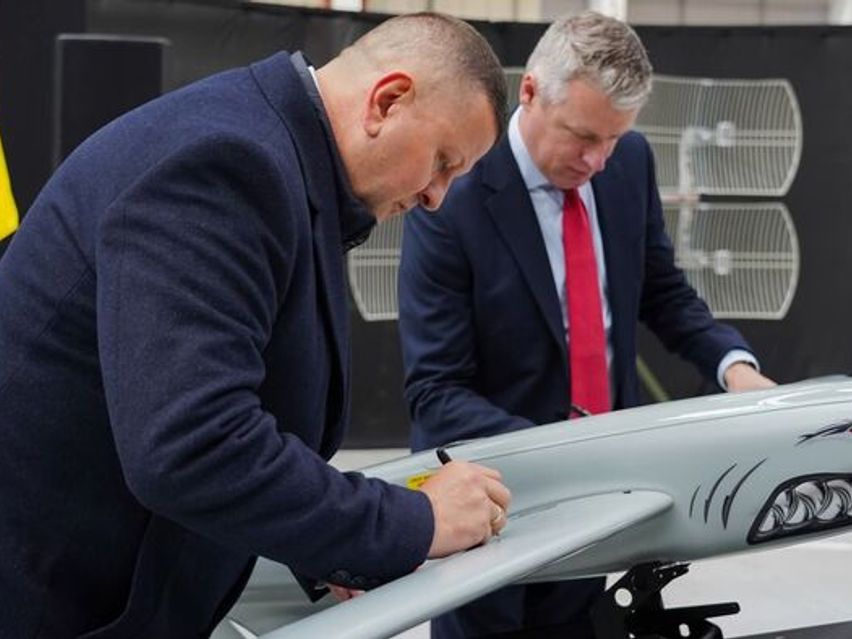
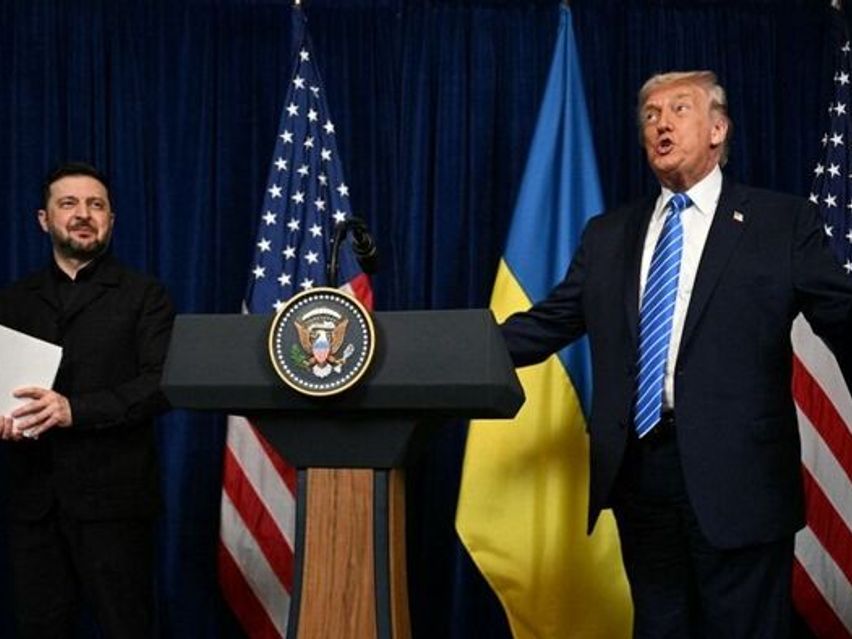
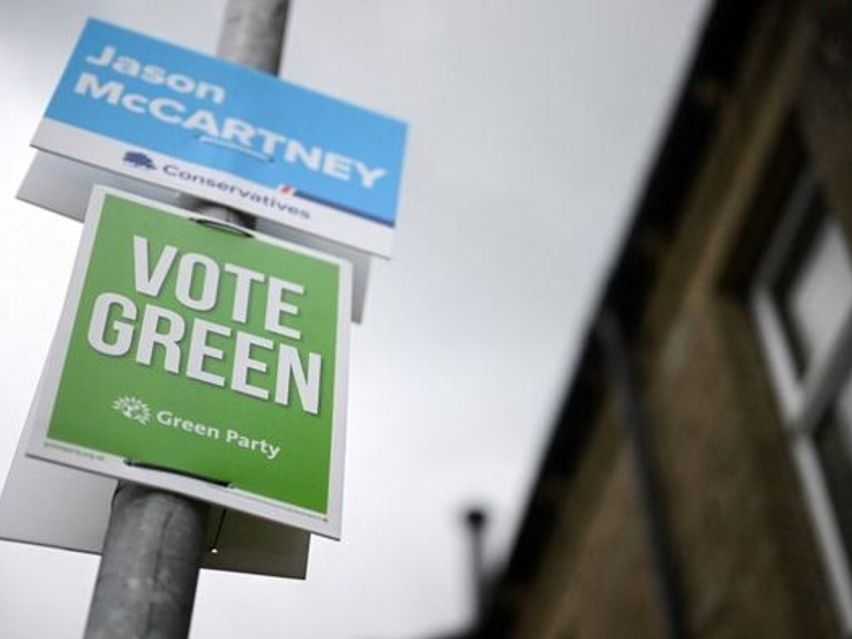
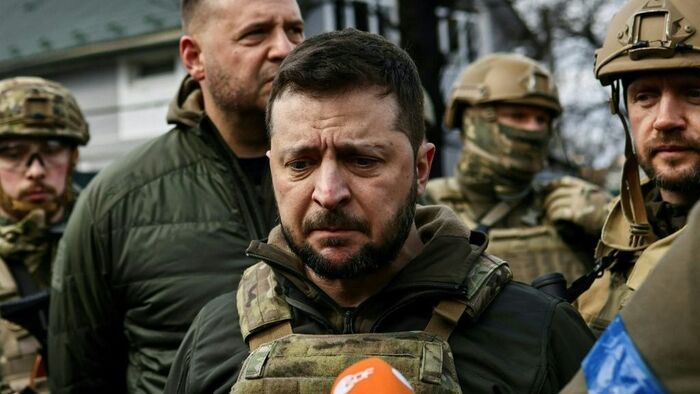

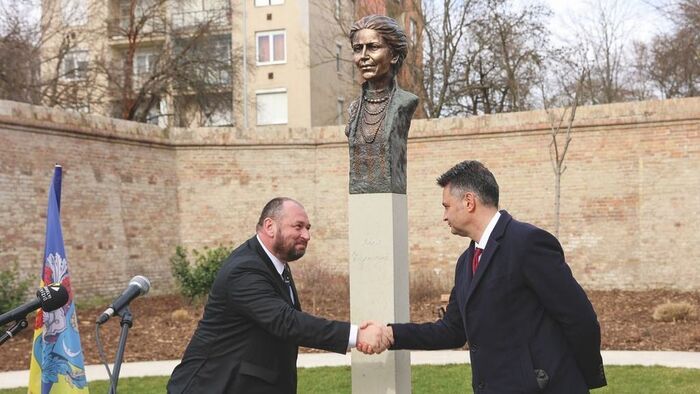

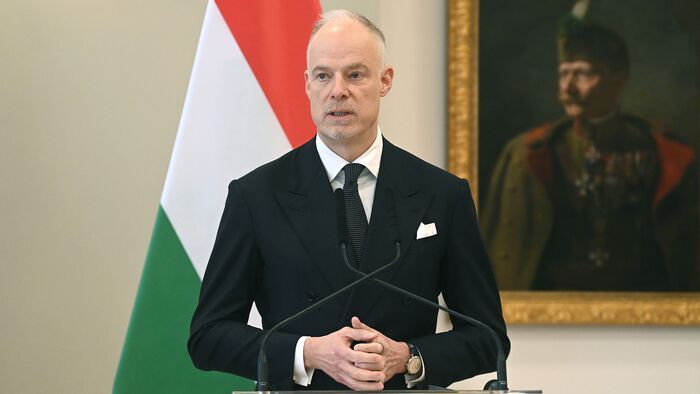
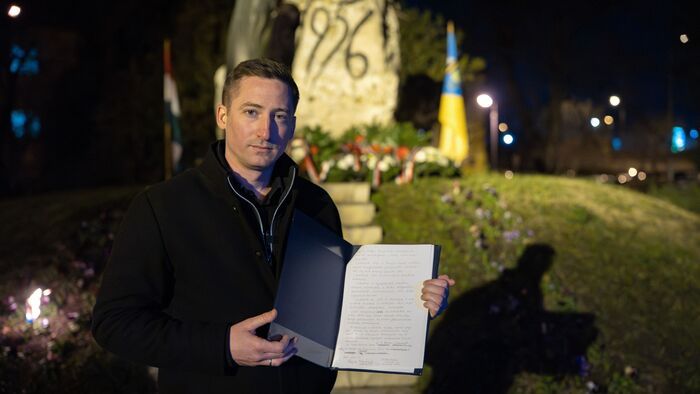
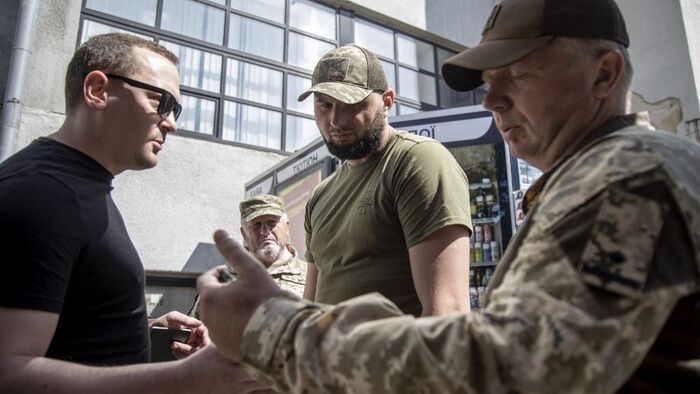
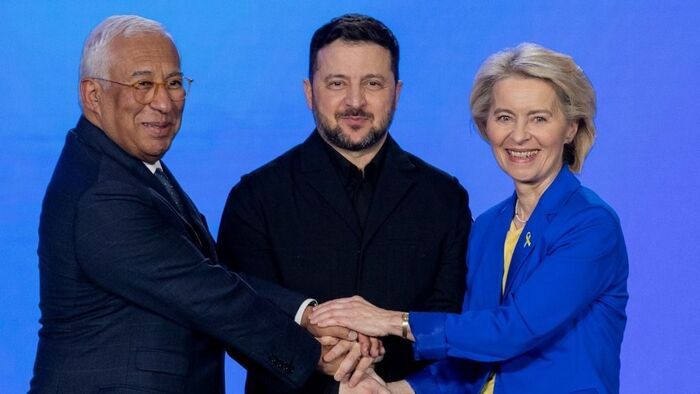
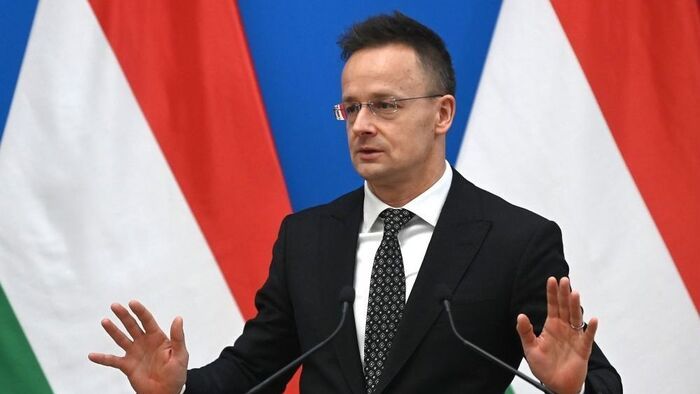





Szóljon hozzá!
Jelenleg csak a hozzászólások egy kis részét látja. Hozzászóláshoz és a további kommentek megtekintéséhez lépjen be, vagy regisztráljon!